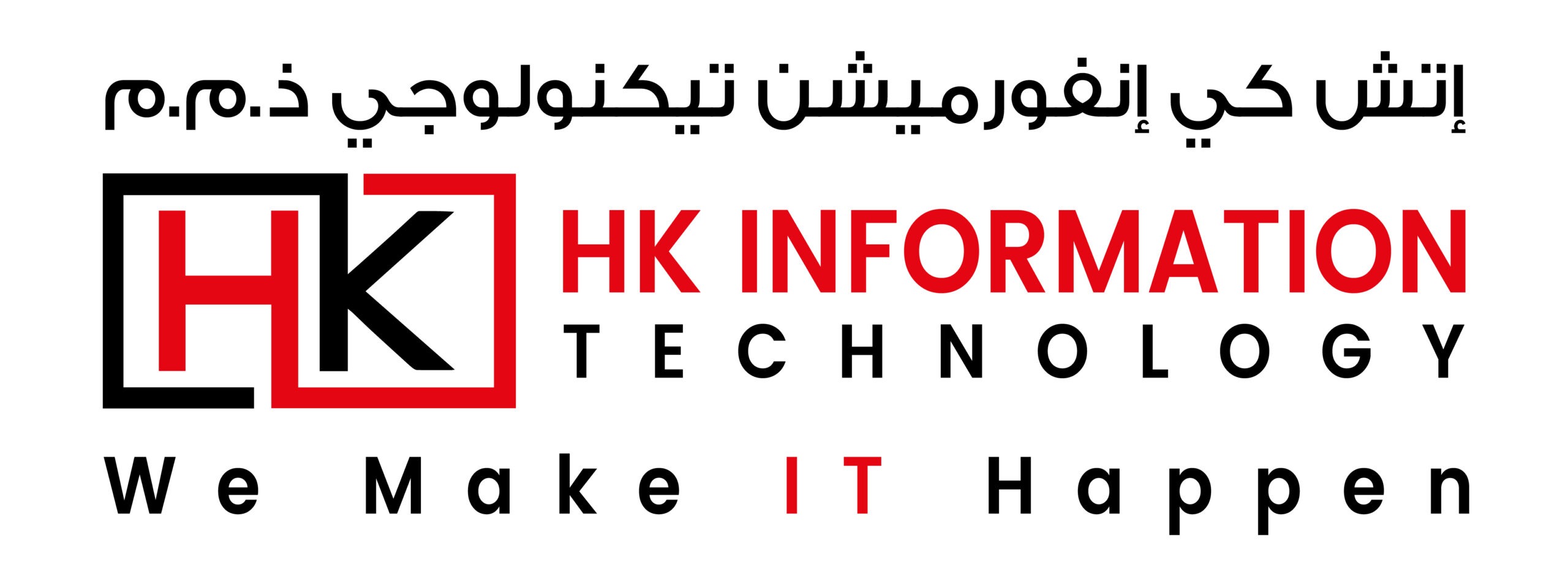Introduction
As businesses and individuals upgrade their IT infrastructure, old devices often pile up, leading to potential e-waste and security risks. Properly recycling and disposing of IT equipment ensures environmental sustainability while protecting sensitive data. In this guide, we’ll explore best practices for handling outdated IT assets responsibly.
Why Responsible IT Equipment Disposal Matters
-
Environmental Impact
-
IT equipment contains hazardous materials like lead, mercury, and cadmium. If not disposed of properly, these can leak into soil and water, causing pollution.
-
-
Data Security Risks
-
Simply deleting files is not enough—data can still be recovered from hard drives. Proper disposal methods ensure data is completely erased before recycling.
-
-
Legal Compliance
-
Many countries have e-waste regulations that businesses must comply with. Failure to follow proper disposal protocols can result in fines and penalties.
-
Best Practices for Recycling IT Equipment
-
Perform Secure Data Erasure
-
Use data-wiping tools such as DBAN or built-in encryption methods to permanently erase data.
-
Physically destroy hard drives if necessary.
-
-
Donate or Refurbish Usable Devices
-
Non-profit organizations and schools often accept old IT equipment that can still be used.
-
Many manufacturers offer trade-in programs for old devices.
-
-
Find Certified E-Waste Recyclers
-
Look for R2 (Responsible Recycling) or e-Stewards certified recyclers to ensure ethical and environmentally safe disposal.
-
-
Repurpose Components
-
Salvage parts like RAM, hard drives, and power supplies for future use or resale.
-
-
Dispose of Hazardous Materials Properly
-
Batteries and CRT monitors require special handling to prevent toxic leaks.
-
Many electronic stores and municipalities offer battery recycling programs.
-
Where to Recycle Old IT Equipment?
-
Local Recycling Centers: Many cities have dedicated e-waste recycling programs.
-
Manufacturer Takeback Programs: Companies like Dell, HP, and Apple offer recycling services.
-
E-Waste Collection Events: Community events allow businesses to dispose of bulk IT equipment responsibly.
Conclusion
Responsible recycling and disposal of old IT equipment help protect the environment, safeguard sensitive data, and ensure compliance with legal regulations. By following these best practices, businesses can contribute to a more sustainable future while securely managing outdated technology.
